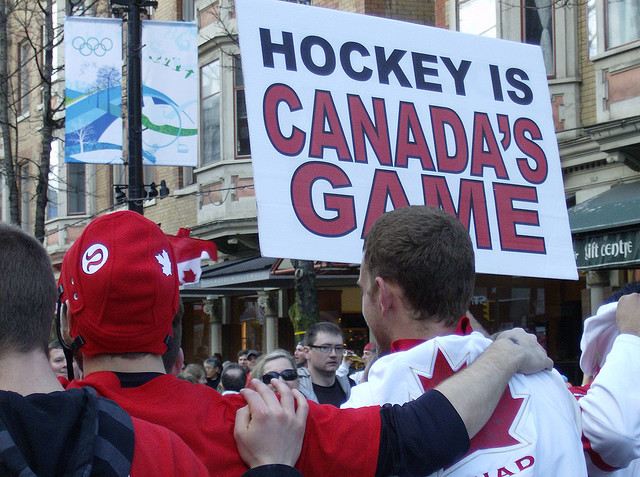 In our new mid-week tradition, we’ve selected some articles from the journal’s past issues which speak to last week’s news highlights.
In our new mid-week tradition, we’ve selected some articles from the journal’s past issues which speak to last week’s news highlights.
Language and Conflict: The Political History of Arabisation in Sudan and Algeria: Volume 12, Issue 3, pages 427–449, December 2012
Upon decolonisation, nationalist leaders in two North African countries, Algeria and Sudan, promoted a policy called Arabisation (ta’rib), which sought to impose standard literary Arabic at the expense of English (in Sudan), French (in Algeria), and other local languages (in both places). This language policy reflected the worldview of Muslim leaders, who hoped to break from the colonial past and start afresh while forging alliances with Arab Islamic states. Arabisation succeeded in expanding the use of literary Arabic in Sudanese and Algerian government bureaus as well as in schools and universities. However, in some circles it helped to stimulate oppositional identities that rejected pan-Arabism as a focal point for national pride and that challenged the cultural foundations of national cohesion. Taking a comparative approach, this study argues that Arabic language policy in Algeria and Sudan featured strongly in postcolonial nationalism and civil conflict. It concludes by considering the status of language cultures and policies today in Algeria, the Republic of the Sudan, and the newly independent Republic of South Sudan, and contends that state-led efforts at ‘language rationalisation’ have not eliminated multilingualism in practice.
Nationalism in the Classroom: Narratives of the War in Bosnia-Herzegovina (1992–1995) in the History Textbooks of the Republic of Srpska: Volume 6, Issue 3, pages 51–72, December 2006
The article considers the problem of the representation of the last war in Bosnia-Herzegovina (1992–1995) in the history textbooks of the Republic of Srpska (Serb Republic)-one of the entities in the country.* The analysed textbooks are deliberately used as one of the most important instruments for the formation of national identity. Scholars generally agree that history lessons are in fact lessons in patriotism and that nation-states use history to form the national identity of students and guarantee loyalty to the nation and state. While contemporary Bosnia-Herzegovina supports this view, it must simultaneously be seen as a slightly peculiar case. The textbooks used in Bosnia-Herzegovina promote separate, exclusive national identities: the Bosniac, Croatian and Serbian. This to a large extent explains why we are not witnessing the formation of a unified nation-state, but its slow disintegration. The existence of Bosnia-Herzegovinian culture and identity is intentionally neglected and denied. Serbian narratives about the war clearly show that strong aspiration for unification with the neighbouring Serbia still exists. This idea has proved to be dangerous in the past and might lead to a new tragic episode in Bosnia-Herzegovinian history.


